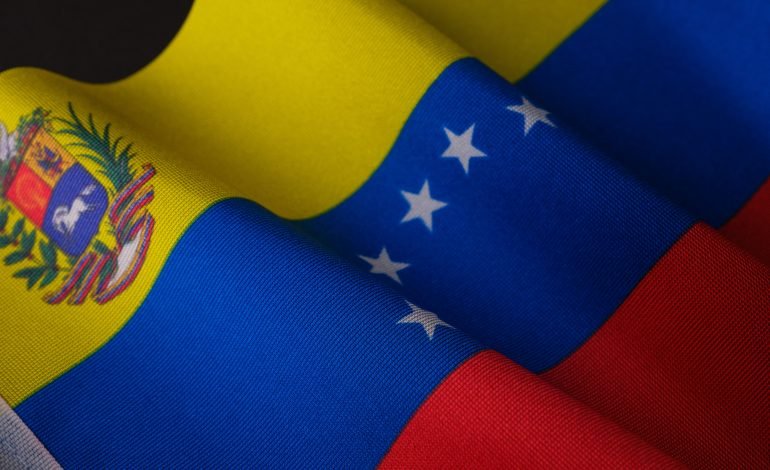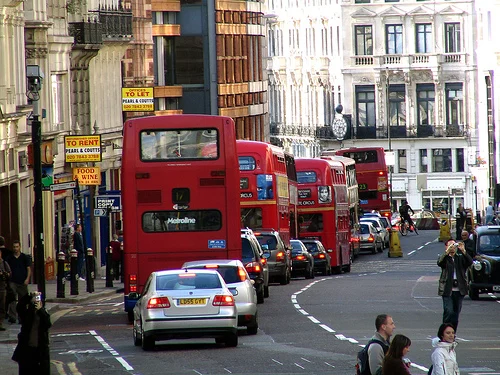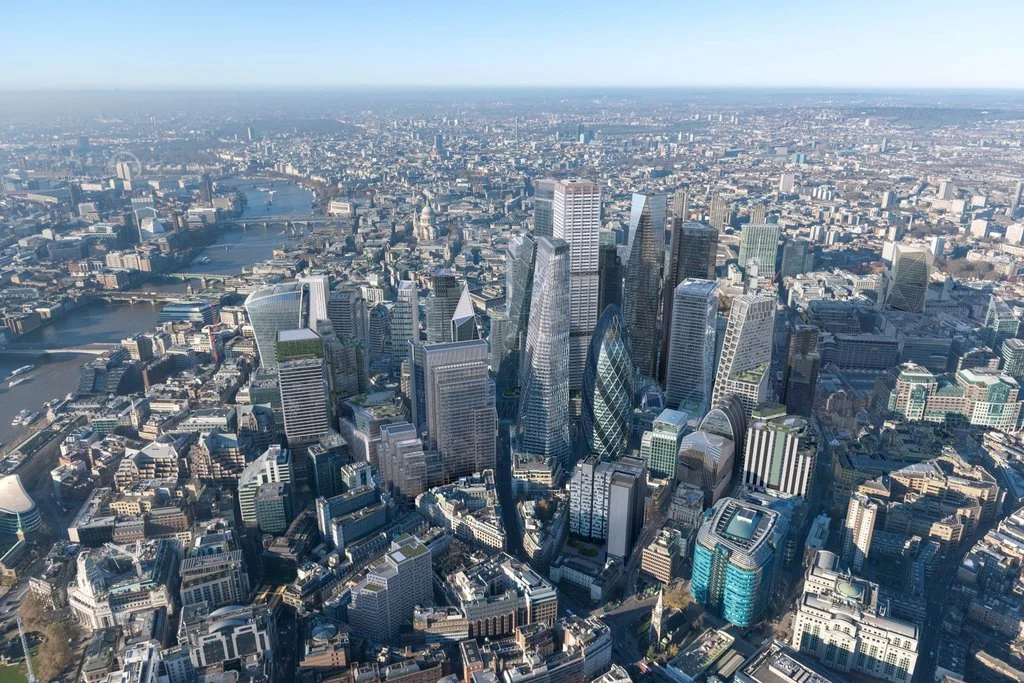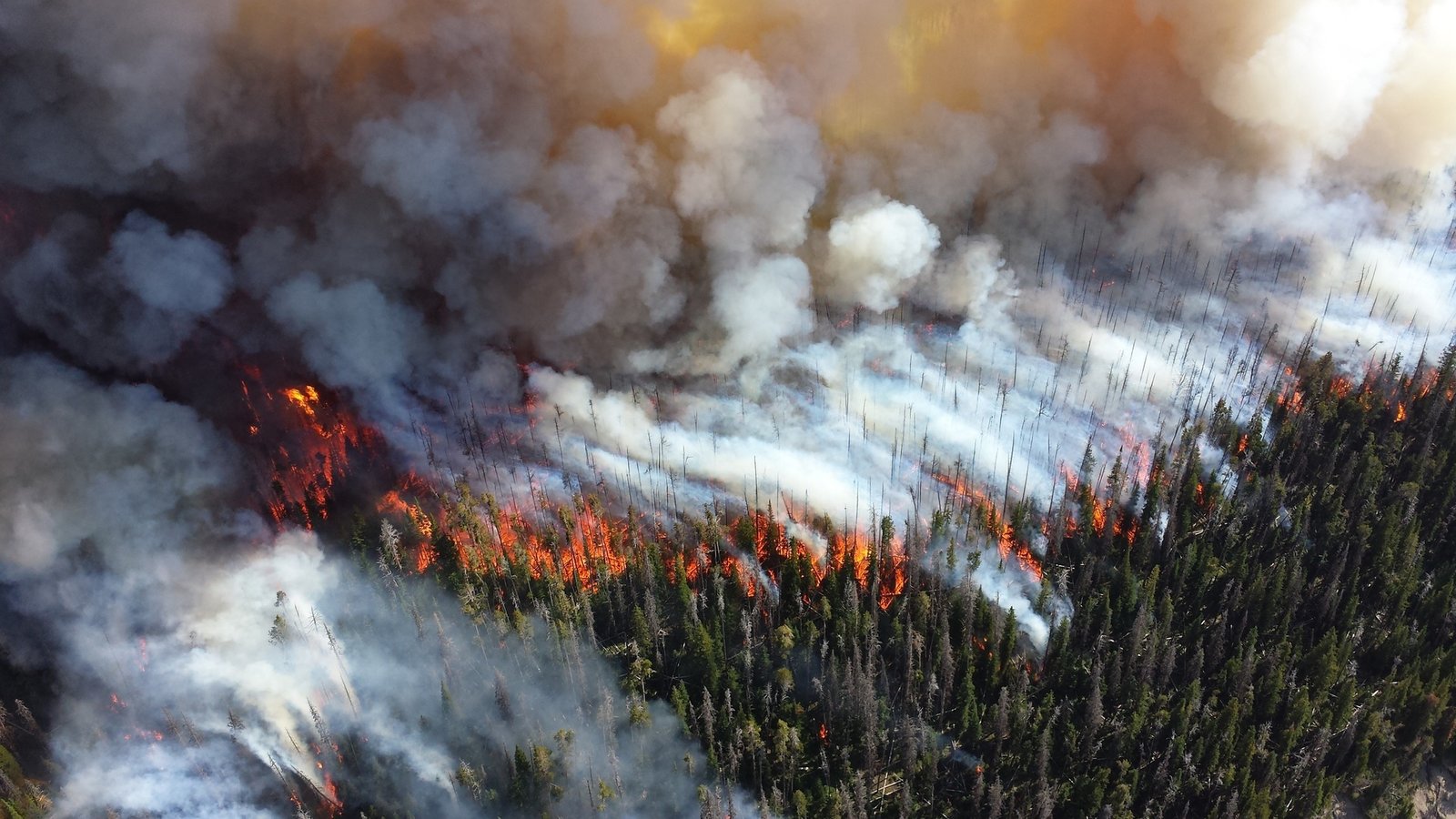Venezuela’s Future on the Line in Crucial Election

This Sunday, Venezuelans face a pivotal decision as they head to the polls. The outcome will determine whether President Nicolas Maduro will continue his 11-year tenure, marred by economic turmoil, or if the opposition, united for the first time in decades, will have the chance to reverse the country’s fortunes.
The opposition, historically divided, has coalesced behind former diplomat Edmundo González Urrutia. This united front presents the most formidable challenge to Maduro’s United Socialist Party of Venezuela in recent memory. Both factions concluded their campaigns with massive rallies in Caracas, setting the stage for a high-stakes election.
Venezuela’s crisis has driven over 7.7 million people to emigrate, creating Latin America’s largest migration crisis in recent history. Many have settled in neighbouring countries, but a growing number are looking towards the United States. A poll by Delphos revealed that about a quarter of Venezuelans are considering leaving if Maduro wins again, while nearly half said they would stay if the opposition prevails and the economy improves.
María Corina Machado, a significant opposition figure, is notably absent from the ballot. Despite her strong support and vocal criticism of government corruption, the Maduro administration barred her candidacy and initiated criminal investigations against her team. Machado has endorsed González, lending her influence to unify the opposition.
Maduro’s popularity has waned due to an economic crisis driven by falling oil prices, corruption, and mismanagement. While he retains support from die-hard Chavistas and those dependent on the state, his approval has significantly diminished since he was chosen by Hugo Chávez and narrowly won the 2013 election after Chávez’s death.
Maduro’s 2018 reelection was widely condemned as fraudulent, with major opposition parties banned from participating. This led to significant boycotts and justified U.S. economic sanctions that have crippled Venezuela’s oil industry. Recent corruption scandals, including the arrest of former oil minister Tareck El Aissami, have further highlighted the industry’s mismanagement.
The election’s outcome could influence the future of U.S. sanctions on Venezuela. The Biden administration recently reimposed sanctions on the energy sector following actions by the Maduro government that undermined efforts for free and fair elections. These sanctions restrict U.S. companies from doing business with Venezuela’s state-run oil company, PDVSA.
While hopes for a fair election seemed possible last year, recent government actions have dashed these prospects. A U.N.-backed panel reported increased repression of critics and opposition members, involving detention, surveillance, and arbitrary criminal proceedings.
As Venezuelans cast their votes, the world watches closely. The election’s impact will extend far beyond Venezuela, influencing regional stability and international relations.
For further coverage and updates, visit BBC News and The Guardian.









